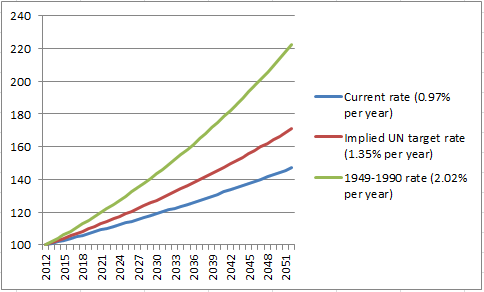Richard Dowden, Director of the Royal African Society on the new DFID Ministers. Interesting stuff.
How does it look from Africa? Two things matter for African presidents and ministers. They like to establish personal relationships and trust in face to face talks with the same people over a long period. Secondly they like to deal with people who know something about their country’s history. They do not like ministers who talk down to them (as Mitchell did) or those who just read a brief on the plane as they fly in (as Douglas Alexander did).
The recent reshuffle ignores these aspects and casts doubt over how much this government cares about development and its relations with Africa.
...
[Greening] talks of a line by line investigation to ensure value for money which sounds good, but is actually nonsense. How can someone with no experience of development, with an annual accounts mentality, judge the value of long term development projects?
...
although the indications are not propitious for a dynamic team working creatively to help get Africa nearer to the MDG targets in the next three years, I will not write off any of these appointments. But they look more like internal political expediency than what Africa and the rest of the developing world needs right now.



